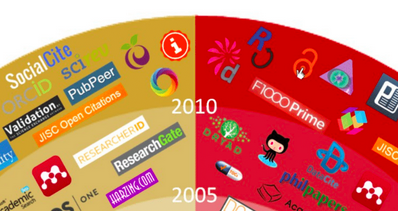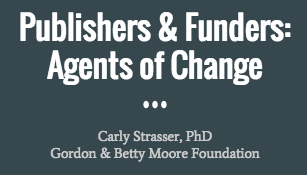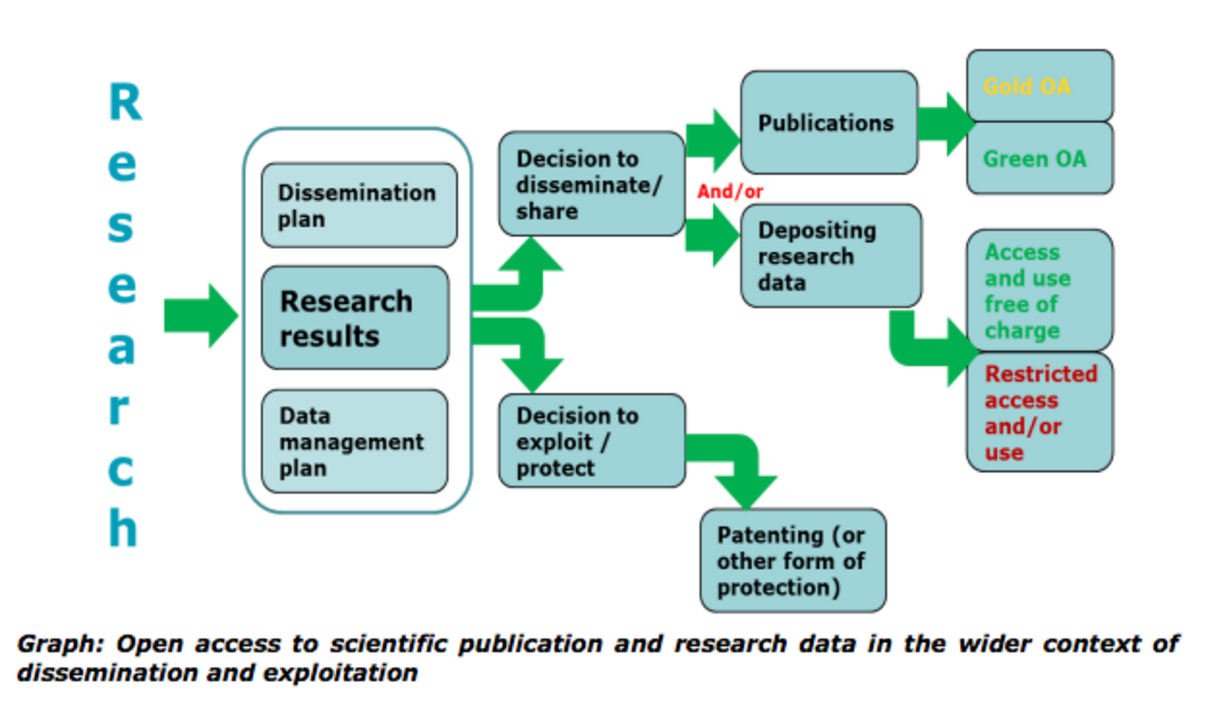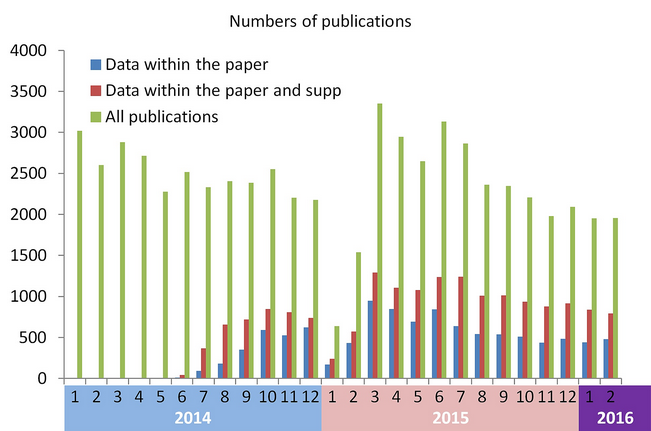Swiss Army Knives of Scholarly Communication
A few slides comparing ResearchGate, Academia, Mendeley and others.

Send us a link
A few slides comparing ResearchGate, Academia, Mendeley and others.

Choice of data, methodology and indicators can produce seriously inconsistent results despite a common set of disciplines and countries.
Funders and publishers have something in common: for better or worse, we have the ability to influence the behavior of researchers.

Results of a survey of Wellcome researchers to find out what they think about open research, how they practice it, and some of the barriers they face.

A recent statement from Carlos Moedas told us that “as of the Work Programme 2017, the current Open Research Data Pilot will be extended to cover all thematic areas of Horizon 2020, making open research data the default setting. This means that as of January 1st 2017, all funded proposals will need to make all of the data and digital research outputs they generate openly available.

A figshare case study of Micah Vandegrift's Digital Humanities research.
Through highlighting six recent advances in research infrastructure, this whitepaper seeks to recast how we think about metadata - not as a series of static records, but as objects that move between systems and organizations.
A figshare case study on Erin McKiernan's Physiological Science research.
The rhetoric of “excellence” is pervasive across the academy. It is used to refer to research outputs as well as researchers, theory and education, individuals and organisations, from art history to zoology. But what does “excellence” mean? Does it in fact mean anything at all? And is the pervasive narrative of excellence and competition a good thing?
When PLoS announced its data policy that all data should be made publicly available, everyone applauded. It was a big step toward an open science and data sharing.

A review on the open citation advantage, media attention for publicly available research, collaborative possibilities, and special funding opportunities to show how open practices can give researchers a competitive advantage.

Institutional public access plans for Open Science.
Raw data from Nature Publishing Group and Palgrave Macmillan's annual Author Insights survey.